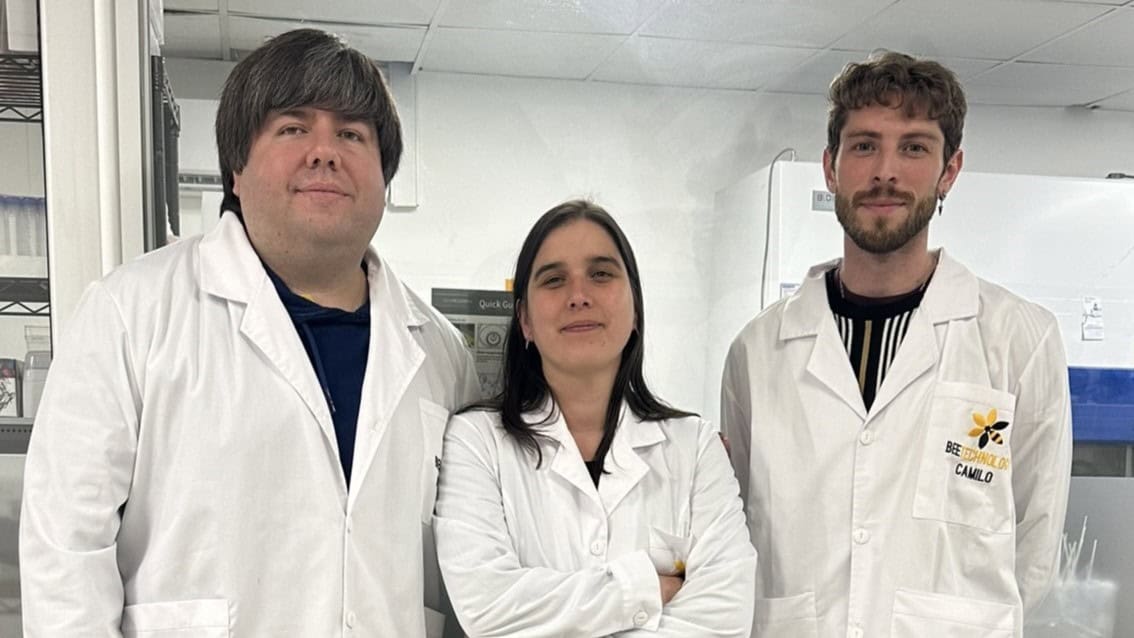BeeTechnology embarks on its first commercial pilots

The addition of Rio Baker as an investor in BeeTechnology is starting to bear fruit for the startup. The company was able to close a binding agreement aimed at starting a commercial pilot of its FoodGuard product line in France, to test its effectiveness in extending the shelf life of chicken meat.
The company’s CEO, Camilo Bravo, explains that «this is one of the main producers of chicken meat in France, so if we have the positive results we expect, it would open the doors to a very important market, Europe, which has been elusive to us».
In addition, the founder of BeeTechnology emphasizes that «in France, they want to eliminate the use of chemical additives, so having our product, which is biologically based, is a very attractive alternative».
Initially, tests will be carried out on 100 kg of chicken meat aiming to later close an agreement, which implies complying with all the permits required by the European Community. «We have already made a diagnostic of the requirements we must meet to market our FoodGuard product in Europe, and we expect to have them by 2026, as we must comply with a series regulatory and legal requirements» Bravo said.
At the same time, the startup is carrying out an additional commercial pilot in Chile, but this time with pork producers. «We have an agreement to test 100 kg of pork, which, if the results are positive, would result in a contract with the company for the commercialization of our FoodGuard Pork product and, therefore, to obtain the permission of the country’s Ministry of Health,» said the company’s founder.
«We have already done tests and even worked previously with one of the main chicken meat producers in Chile, so we are confident that the results will be more than satisfactory and that they will demonstrate that, in addition to prolonging shelf life, they do not alter the texture, color or flavor of the meat,» concluded the CEO.
It is worth noting that, last year, the startup managed to reduce the production cost of Food Guard by 15 times and increased its production capacity fivefold.